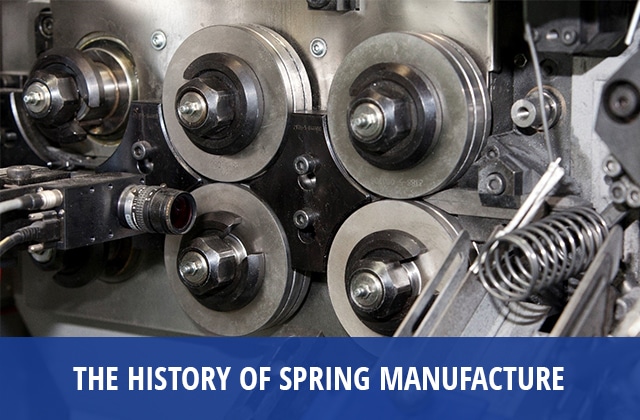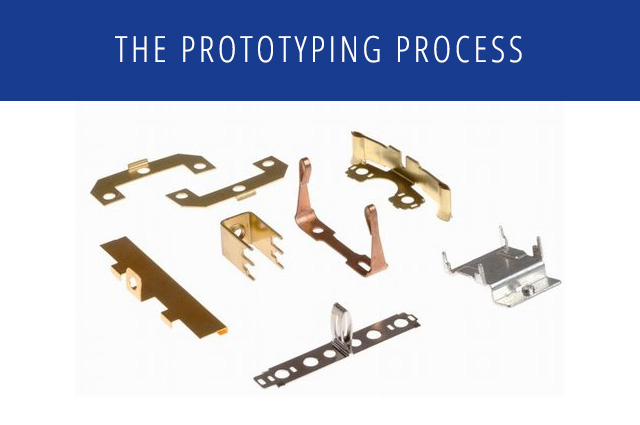
Electronics: Where Can You Find Springs?
Christmas has been and gone but it feels like it went too quick, right? Despite the decorations being taken off
Home › Engineering › Page 14

Christmas has been and gone but it feels like it went too quick, right? Despite the decorations being taken off

With the recent release of the IDC report “IDC FutureScape: Worldwide Manufacturing Predictions 2018”, the team here at European Springs

2018 is rearing its head, and the engineering industry is already looking to the expected trends the New Year will

We know that springs have a multitude of uses, many of which we take for granted and are even unaware

You may not realise how many times a day you use something that requires springs to work. From light switches

In engineering, it’s vital to ensure that products are optimised to the highest of standards (and with the utmost trust).

On Tuesday, 11th July, the British Government announced a huge increase in the UK satellite sector. This boost will see

The engineering industry is always requiring skilled workers to ensure the continuation of its development. Modern society requires the input

The world of engineering is fast paced, it is something that we here at European Springs know well and live